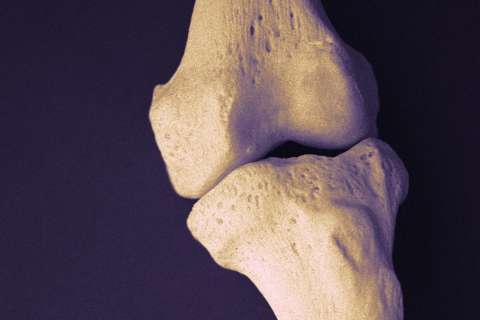Dear Doctor: Can you please talk about the risks to older patients with comorbidities when they’re going to have surgery? My sister, who was older and ailing, had a joint replacement surgery. It was done by a very good surgeon and at a good hospital, but she didn’t survive to walk again.
Dear Reader: First, we are terribly sorry to hear about the death of your sister. Thank you for bringing up an important topic. About 17% of adults in the United States are 65 or older, and the data show that they account for about 40% of hospital-based surgeries. Add outpatient procedures, and that number is closer to 50%.
There’s a range of reasons for this, not the least of which are the physiological stresses associated with reaching older age. In many cases, surgery offers an older adult the best chance at managing an existing medical issue. However, as you point out, not everyone is a good surgical candidate. This is because many are living with additional medical conditions, known as comorbidities, that are not related to the issue the surgery is meant to address. These include high blood pressure; impaired cardiac function; diabetes; kidney disease; obesity; lung conditions such as asthma, COPD or emphysema; digestive disorders; depression; and diminished cognition, to name just a few.
Data show that surgical patients 65 and older are at increased risk of postoperative complications, longer hospital stays and slower recovery. Another factor in the surgical equation is frailty. It’s a clinical term that refers to the loss of muscle mass, strength, stamina, endurance and general fitness that occurs in older age, which leaves someone in a weakened and physically vulnerable state. Frailty is often accompanied by two or more of the comorbidities we just discussed. The incidence of frailty increases with age, and it is a bit more common in women. It’s estimated that one-fourth of those 85 and older are frail.

All of this makes a thorough preoperative assessment for older adults a necessity. It begins with establishing the patient’s goals relative to the surgery and weighing the risks of the procedure against the potential benefits. Regarding risk, there’s a wide array of factors to consider. These include the rigors of the surgery itself, the length of the post-op hospital stay and what post-surgical rehab will entail. The patient needs to have a clear understanding of the costs of the surgery, from pre-op appointments through the entire period of recovery.
In addition to comorbidities, patients should be evaluated for cognitive function, nutritional status, their ability to understand new information and to make decisions, and fall risk. Problems in these areas have been linked to an increased risk of complications following surgery, functional decline, the need for in-home care or institutionalization.
When it comes to recovery, patients need both a realistic timeline and a detailed plan. Those with a robust social support network have been shown to have improved outcomes. And, while it seems grim to entertain worst-case scenarios, it’s crucial for any surgical patient, no matter their age, to make clear their wishes regarding life-saving measures and interventions. This is best done with a legal document that addresses future medical care.
(Send your questions to [email protected], or write: Ask the Doctors, c/o UCLA Health Sciences Media Relations, 10960 Wilshire Blvd., Suite 1955, Los Angeles, CA 90025. Owing to the volume of mail, personal replies cannot be provided.)





